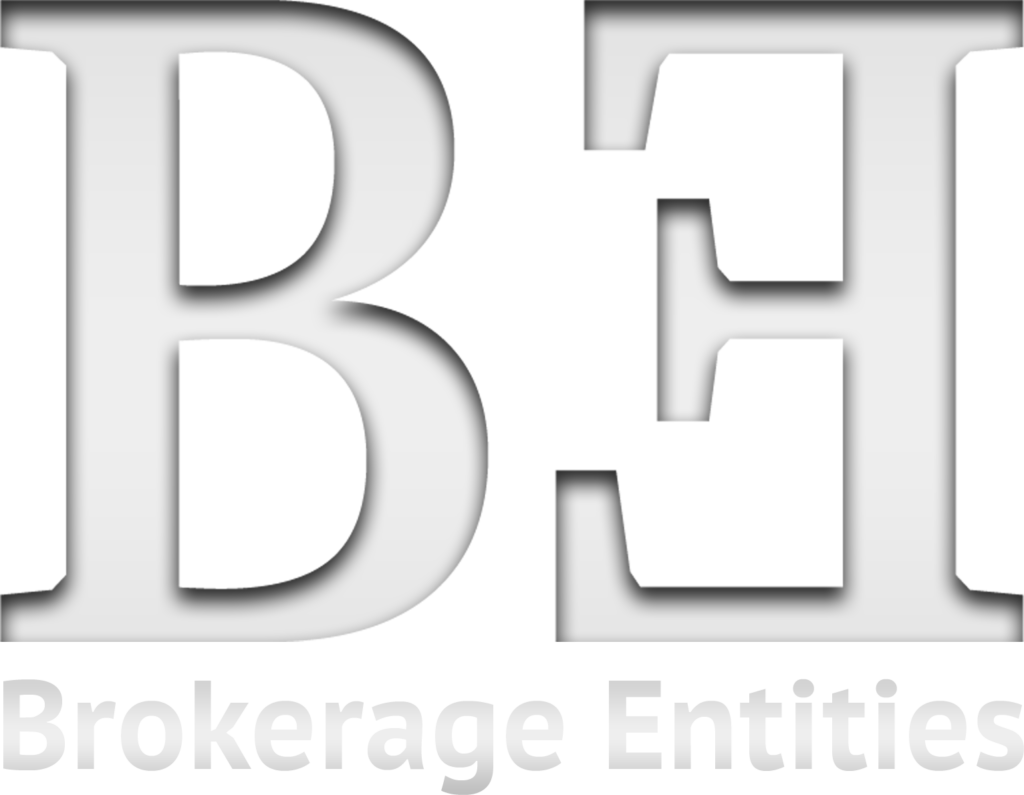ASIC has acted to disqualify or add conditions to the registration of a number of auditors of self-managed superannuation funds (SMSFs).
The actions arose following ASIC concerns about failures to meet requirements including auditor independence standards, auditing standards, minimum continuing professional development (CPD) hours, lodging annual statements, and fit and proper person criteria. Most of the matters were referred to ASIC by the ATO.
ASIC Commissioner John Price said, ‘SMSF auditors play a fundamental role in promoting confidence in the SMSF sector. ASIC will continue to take action where the conduct of SMSF auditors is inadequate.’
SMSF auditors disqualified
ASIC disqualified the following people from being SMSF auditors:
Tram Tran, of New South Wales – for not being a fit and proper person. This follows Ms Tran being deregistered from a statutory role by another regulator and our consideration of the reasons for their decision.
Kelvin Wright, of New South Wales – for failing to obtain sufficient appropriate audit evidence in the audit of an SMSF in relation to the property and investments in unlisted trusts being reported at market value, borrowings including compliance with limited recourse borrowing arrangements, the purchase of properties, lease agreements, transactions with related parties, liabilities and expenses, and failing to comply with CPD requirements.
Geoffrey Wood, of New South Wales – for signing an inappropriate audit report, failing to provide audit files to the Australian Taxation Office (ATO) on a timely basis despite multiple requests, failing to lodge his annual statement within the required time frame and otherwise not being a fit and proper person.
Conditions imposed on SMSF auditors
ASIC imposed conditions on the following SMSF auditors:
Stephen Bray, of the Australian Capital Territory – for deficiencies in auditing fund assets and loans, a lack of understanding of independence requirements and failing to comply with CPD requirements.
Ross Casperson, of Queensland – for deficiencies in auditing fund investments and borrowings, failing to obtain signed financial statements and not complying with CPD requirements.
Dharambir Ghangas, of Western Australia – for deficiencies in auditing fund investment properties, other assets and motor vehicle expenses.
Gerald Adams, of Victoria – for auditor independence breaches and deficiencies in auditing loans and fund assets.
Rohan Dyson, of Victoria – for auditor independence breaches.
David John Simpson, of New South Wales – for auditor independence breaches, deficiencies in auditing fund borrowings and assets, not complying with CPD requirements and failing to provide documentation to the ATO within a reasonable timeframe.
Geoffrey Sexton, of Queensland – for auditor independence breaches and deficiencies in auditing fund borrowings, assets and income.
Sandra Koschel, of Queensland – for auditor independence breaches.
John McCann, of New South Wales – for auditor independence breaches and deficiencies in auditing fund borrowings, assets, income and expenditure.
Leo Sheppet, of Victoria – for auditor independence breaches and deficiencies in auditing fund borrowings and assets.
Rodney Grosvenor, of New South Wales – for auditor independence breaches.
Dennis Kronheim, of New South Wales – for auditor independence breaches, deficiencies in auditing fund assets and borrowings, and not complying with CPD requirements.
Michael Lane, of New South Wales – for deficiencies in auditing income and audit documentation.
Thomas Swanton, of Queensland – for deficiencies in auditing fund assets, member benefits and related party transactions.
The Attachment to this release outlines the types of conditions imposed on these auditors.
If an auditor breaches a condition on their registration ASIC may disqualify or suspend their registration.

